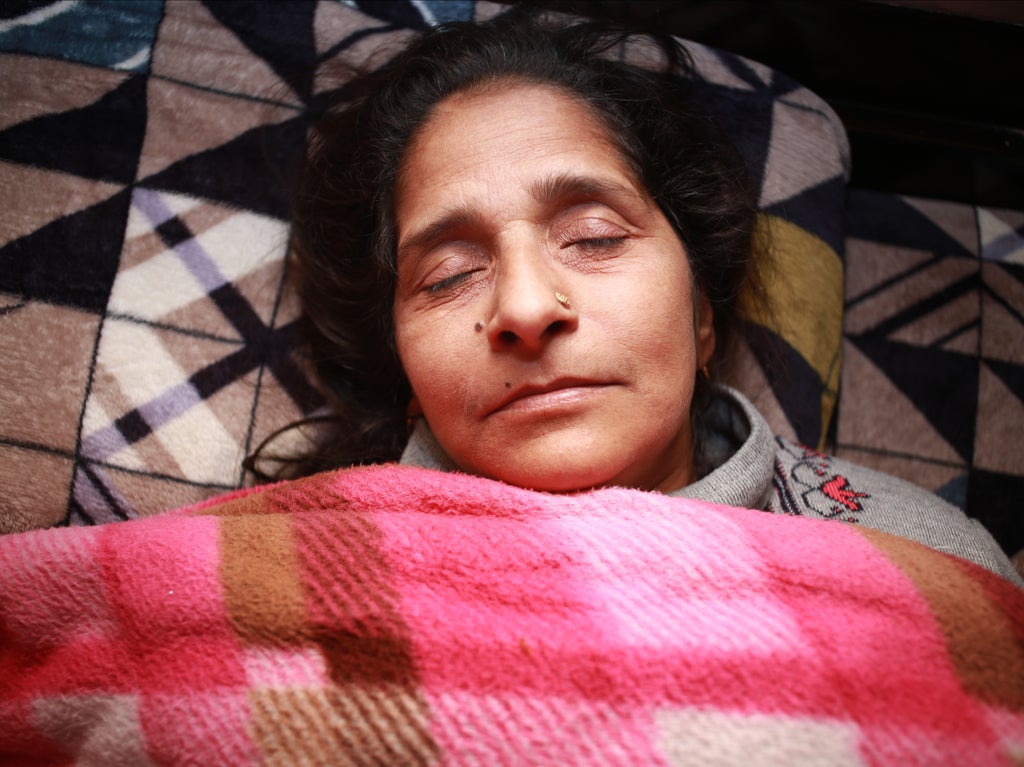
Seven hours of sleep per night is the optimum amount for people in middle to older age, a study has found.
Researchers from the University of Cambridge and Fudan University in China examined data from nearly 500,000 adults aged between 38 and 73 in an effort to establish the ideal amount of sleep the average person in this age category should have.
Participants were asked about their sleeping patterns, mental health and wellbeing, and underwent a series of cognitive tests.
Brain imaging and genetic data were also obtained for nearly 40,000 of the study participants.
Researchers found that seven hours was the ideal amount of time for cognitive performance, such as visual attention, memory, problem-solving skills and processing speed.
They also concluded that this was optimal for mental health, with people experiencing more symptoms of anxiety and depression, and poorer wellbeing, if they slept for longer or shorter amounts of time.
A disruption to slow-wave “deep” sleep may be one reason for the connection between reduced cognition and insufficient sleep, they added.
This is because deep sleep is closely associated with memory consolidation as well as the build-up of amyloid, an important protein which, when it misfolds, can create “tangles” in the brain typical of some forms of dementia.
A lack of sleep may also affect the brain’s ability to rid itself of toxins.
“While we can't say conclusively that too little or too much sleep causes cognitive problems, our analysis looking at individuals over a longer period of time appears to support this idea,” Professor Jianfeng Feng of Fudan University said.
“The reasons why older people have poorer sleep appear to be complex, influenced by a combination of our genetic make-up and the structure of our brains.”
Professor Barbara Sahakian, from Cambridge University's Department of Psychiatry, said: ”Getting a good night's sleep is important at all stages of life, but particularly as we age.
“Finding ways to improve sleep for older people could be crucial to helping them maintain good mental health and wellbeing, and avoiding cognitive decline, particularly for patients with psychiatric disorders and dementias.”
The research, which can be found in the journal Nature Aging, supports previous studies that have reported a link between reduced sleep and an increased risk of developing dementia and Alzheimer’s disease.
Alzheimer’s is associated with disruptions in circadian rhythms, the 24-hour cycle that controls many aspects of human behaviour and physiology.
Jennifer Hurley, an expert in circadian rhythms, and associate professor of biological science at Rensselaer Polytechnic Institute in New York, said: “Circadian regulation of immune cells plays a role in the intricate relationship between the circadian clock and Alzheimer’s disease.
“This tells us a healthy sleep pattern might be important to alleviate some of the symptoms in Alzheimer’s disease.”






